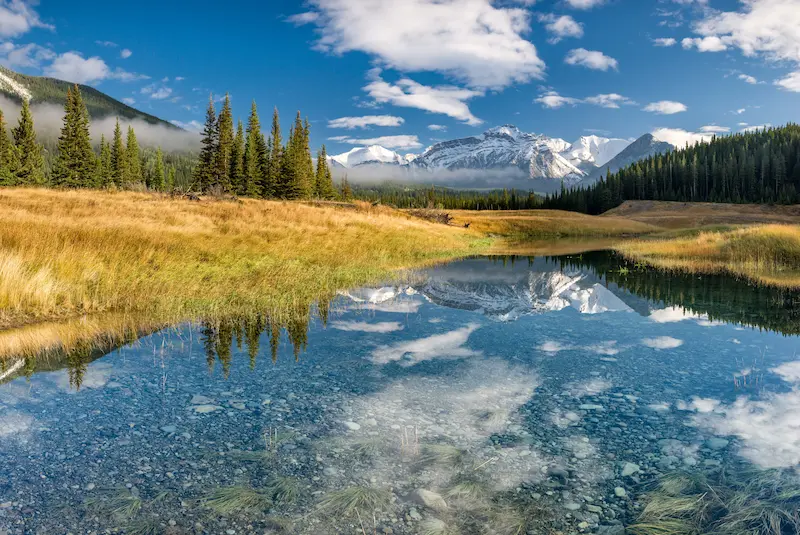
In 2028, the United Nations identified animal agriculture as the most urgent contributor to environmental problems around the world.
Climate Change: Animal agriculture creates over 14 % of global greenhouse gas generation such as carbon dioxide and methane. That is more than all forms of transportation combined. Changing to a vegan diet will cut your contribution to these emissions by 50% and help slow global warming.
Nitrous oxide, a greenhouse gas 300 times more potent than CO2 in its warming effect, is produced from the breakdown of animal waste and from fertilizers used to grow animal feed. It is estimated that 6 million tons of nitrous oxide are produced by livestock each year, accounting for 65% of all nitrous oxide emissions.
Water: The meat and dairy production industry account for 25% of all fresh water usage. If you change to a vegan diet you can save over 910,000 litres (200,000 gallons) of water per year. If everyone went vegan global warming emissions would be reduced by 70% which could be enough to stop, or even start to reverse, global warming.
Deforestation and soil degradation: Farmed animals are a main cause of worldwide deforestation. Monocrops raised for animal food also cause nutrient depletion in the soil. The high use of fertilizers in animal food production also impacts the soil.
Fossil Fuel Consumption: getting your protein from plant foods rather than from animal foods is much more efficient in terms of energy usage. It is estimated that protein from animals uses 8 times more energy from fossil fuels than plant-based protein.
Protection of Oceans: Overfishing has cut the fish population in half with other marine life such as turtles, dolphins and octopi killed in the process. This along with pollution of our waterways, is causing tremendous imbalances in the oceans and huge contributions to climate change.
Diversity: Animal and feed production is the single biggest contributor to loss of rainforests in tropical countries. This is leading to the increased extinction of species. In North America, wildlife such as wolves are killed to protect farmed animals.
Factory farming contributes to pollution of our waterways through antibiotics and hormones given to animals, as well as by animal waste. This is impacting animal and marine populations.